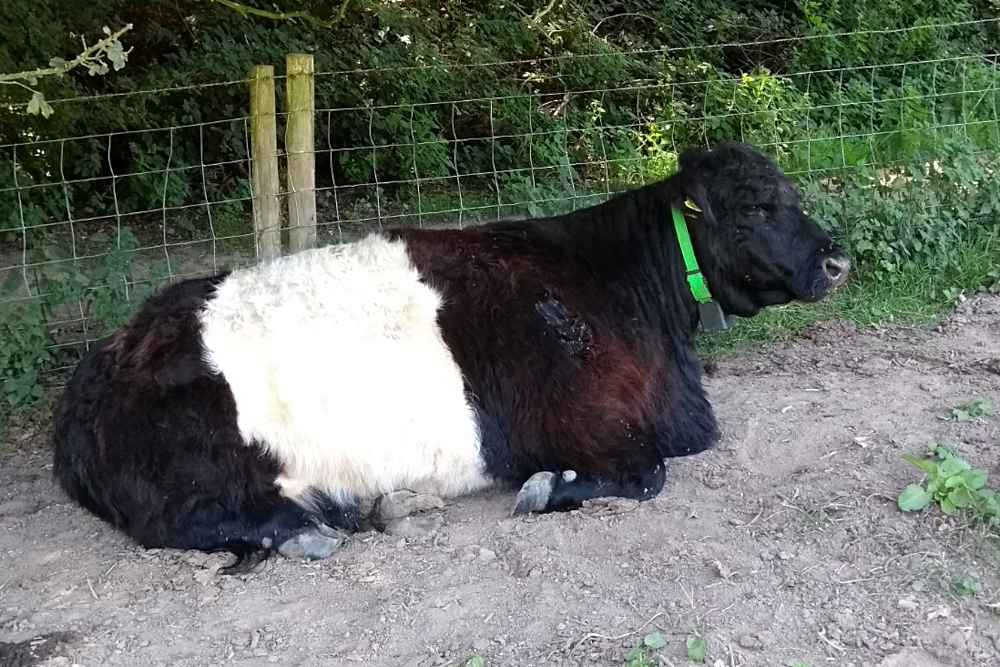
When Hastings Borough Council staff were in danger of losing track of cows roaming freely in Hastings Country Park to help local ecology, the Maritime and Coastguard Agency's new radio mast brought a solution.
In the nature reserve, the council allows Belted Galloway cattle to roam free in order to help restore threatened heathland and coastal grassland habitats.
When the cattle were fitted with radio tracking collars to track their movements, the council found the base-station's tracking aerials weren't high enough to track the cattle in the deepest parts of the glens.
According to the borough council, the Maritime and Coastguard Agency heard about the grazing project and its problems just as they were building a new coastguard mast at the country park and offered to put the cattles' tracking aerials higher up, on the Coastguard mast.
Councillor Maya Evans, lead Cabinet member for natural environment and leisure and chair of the Hastings Country Park Management Board said:
"Cattle grazing to control invasive vegetation is a far more preferred method compared to the use of machinery and potentially chemical herbicides.
"We are trying to develop the use of free-range livestock to support biodiversity in our country park, bringing back traditional methods which work in harmony with nature.
"Thanks to this unique partnership between the council and the Maritime and Coastguard Agency, the conservation grazing can now be fully monitored.
"We are very grateful to the Maritime and Coastguard Agency for putting our aerial on their mast, as it now means we have extensive coverage of where our cattle are grazing so we can target their grazing in areas most beneficial for biodiversity.
"We can use the data from the cattle to target areas of the park where conservation grazing can help manage the threatened and rare habitats of the park without the need for machinery.
"It also means we can ensure the cattle's welfare by constant monitoring, which is just as important to us."
Thomas Ogg, Senior IT Service Manager (Infrastructure), Maritime and Coastguard Agency added:
"When we heard the value of grazing project for threatened and rare habitats in the park, we were delighted to be able to offer our help.
"This is a unique partnership for the agency, and we are pleased the cattle can now be tracked and their grazing monitored fully."

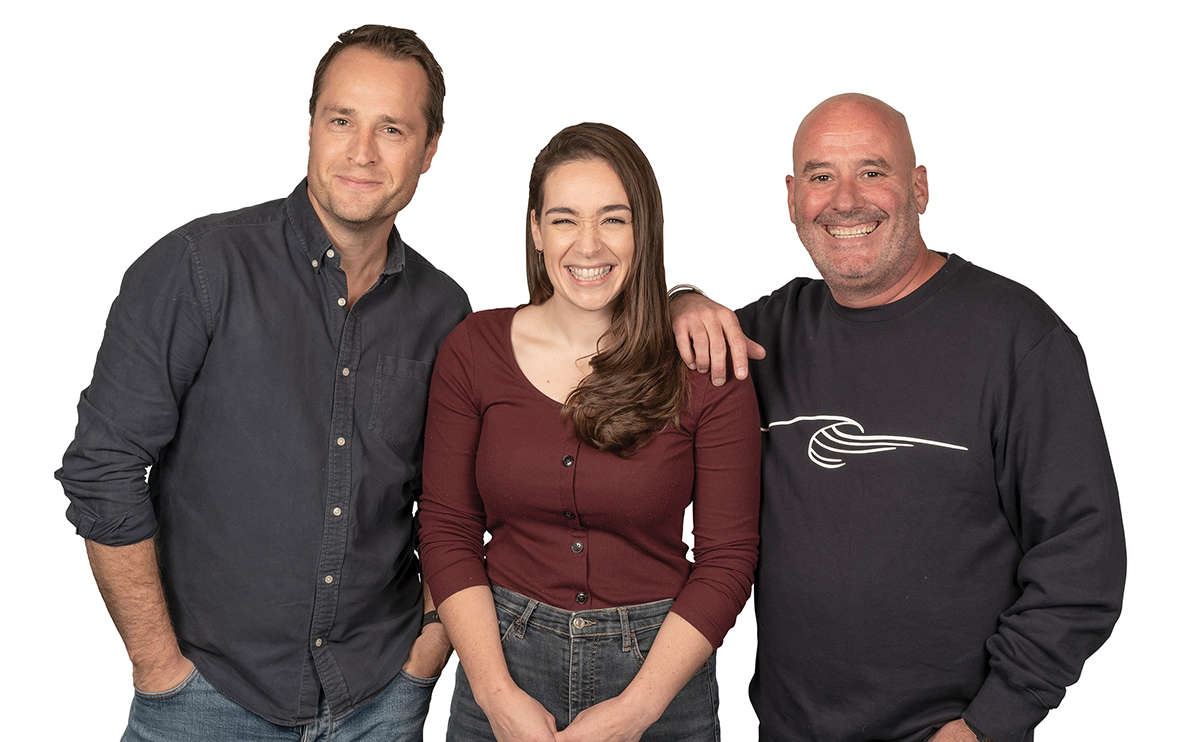
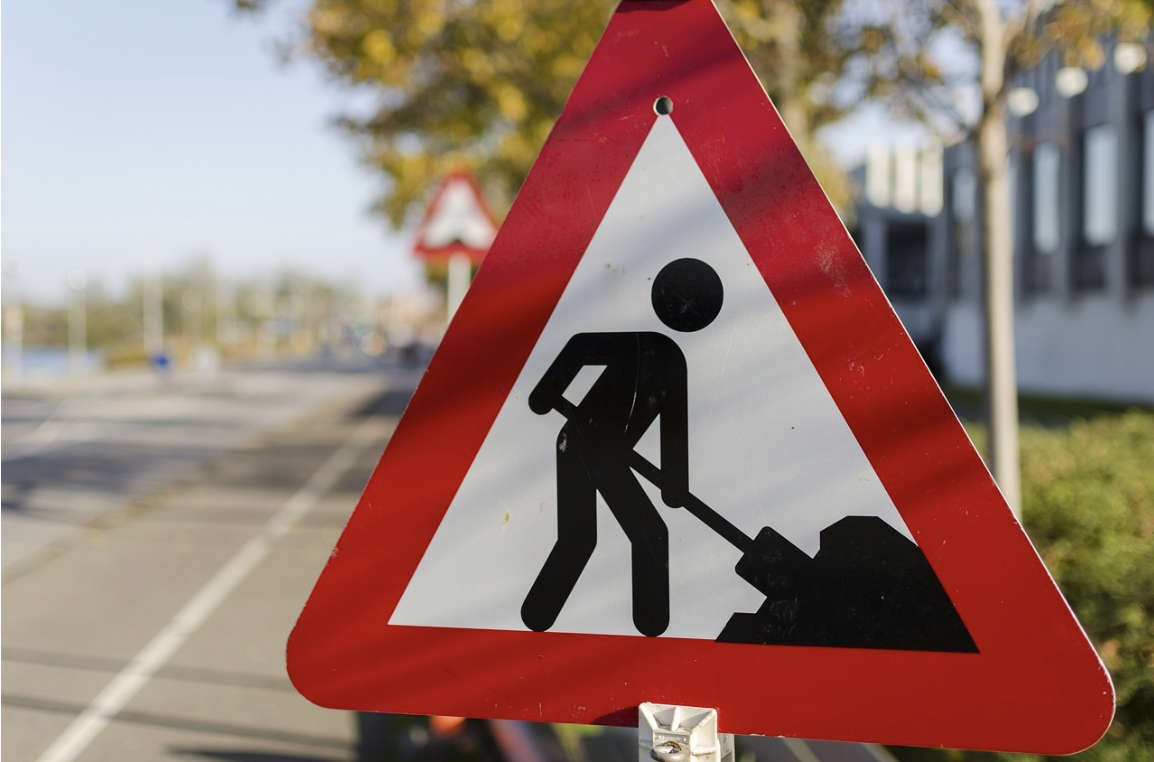 Overnight Closures For A22 Forest Row Road Improvements
Overnight Closures For A22 Forest Row Road Improvements
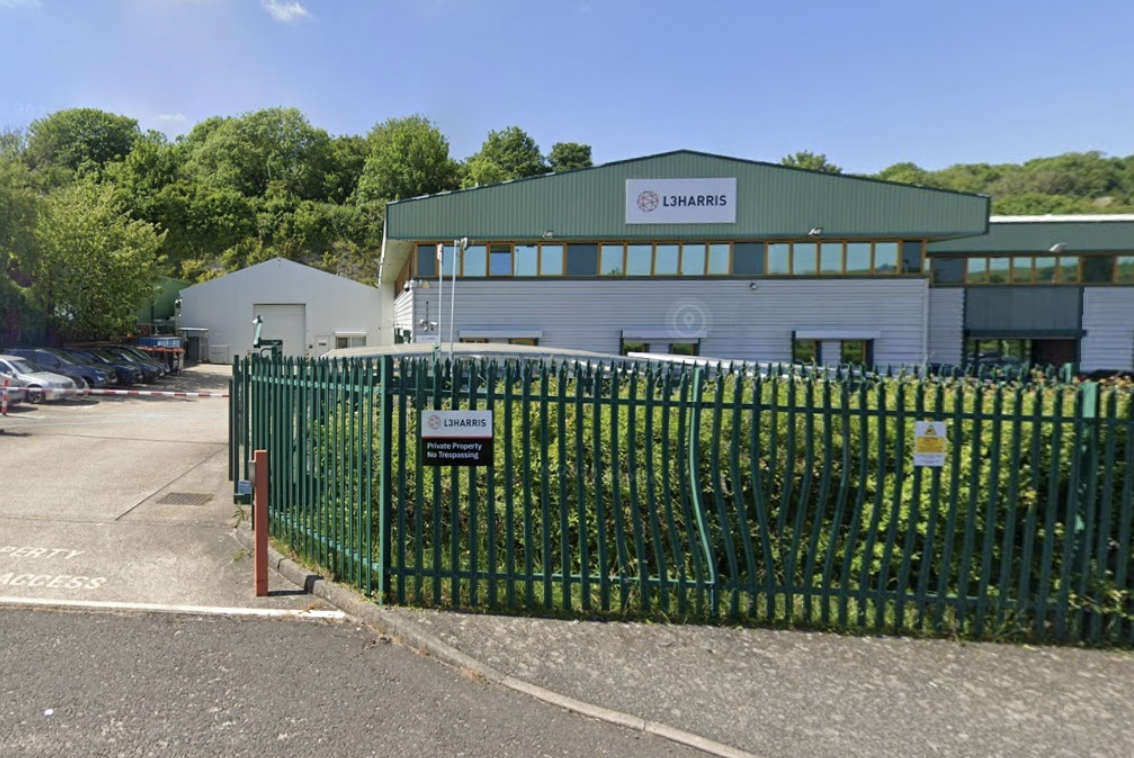 Brighton Defence Manufacturer's Controversial Planning Application Likely To Be Heard
Brighton Defence Manufacturer's Controversial Planning Application Likely To Be Heard
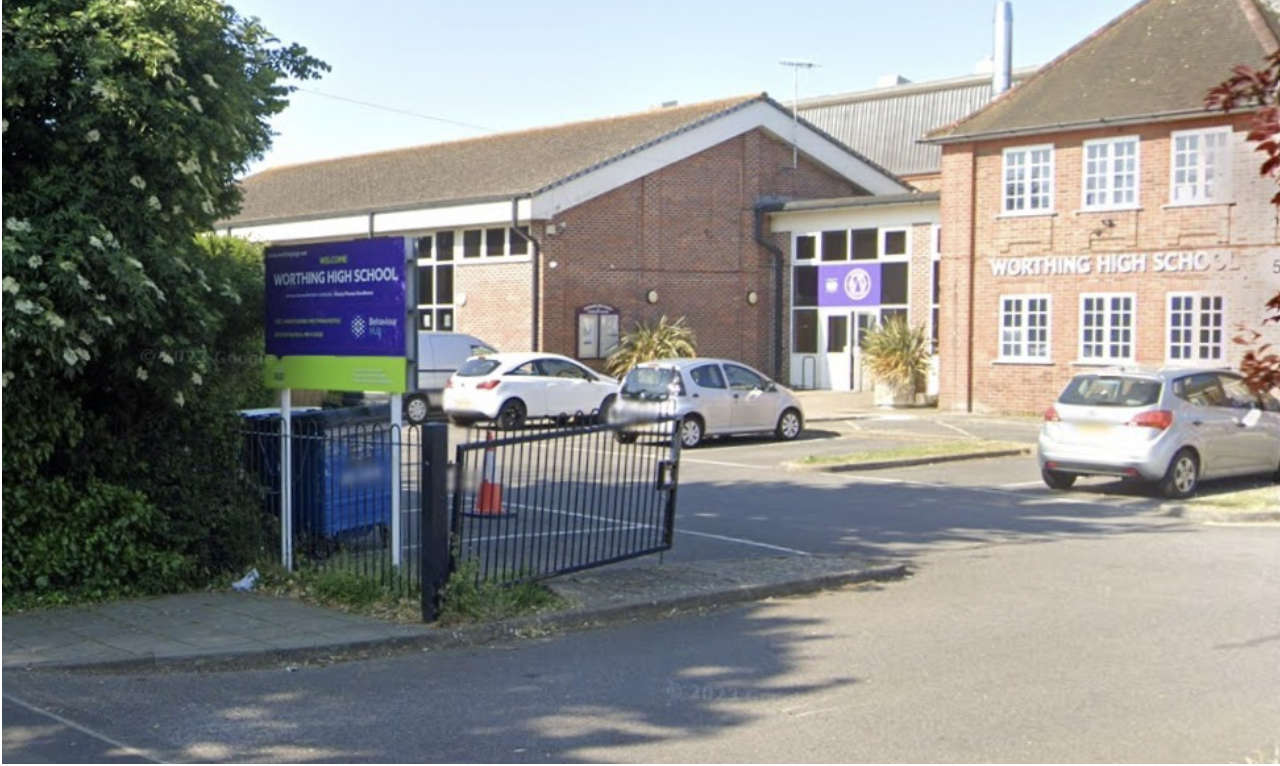 Over £2.4m Approved For Worthing School Support Centre
Over £2.4m Approved For Worthing School Support Centre
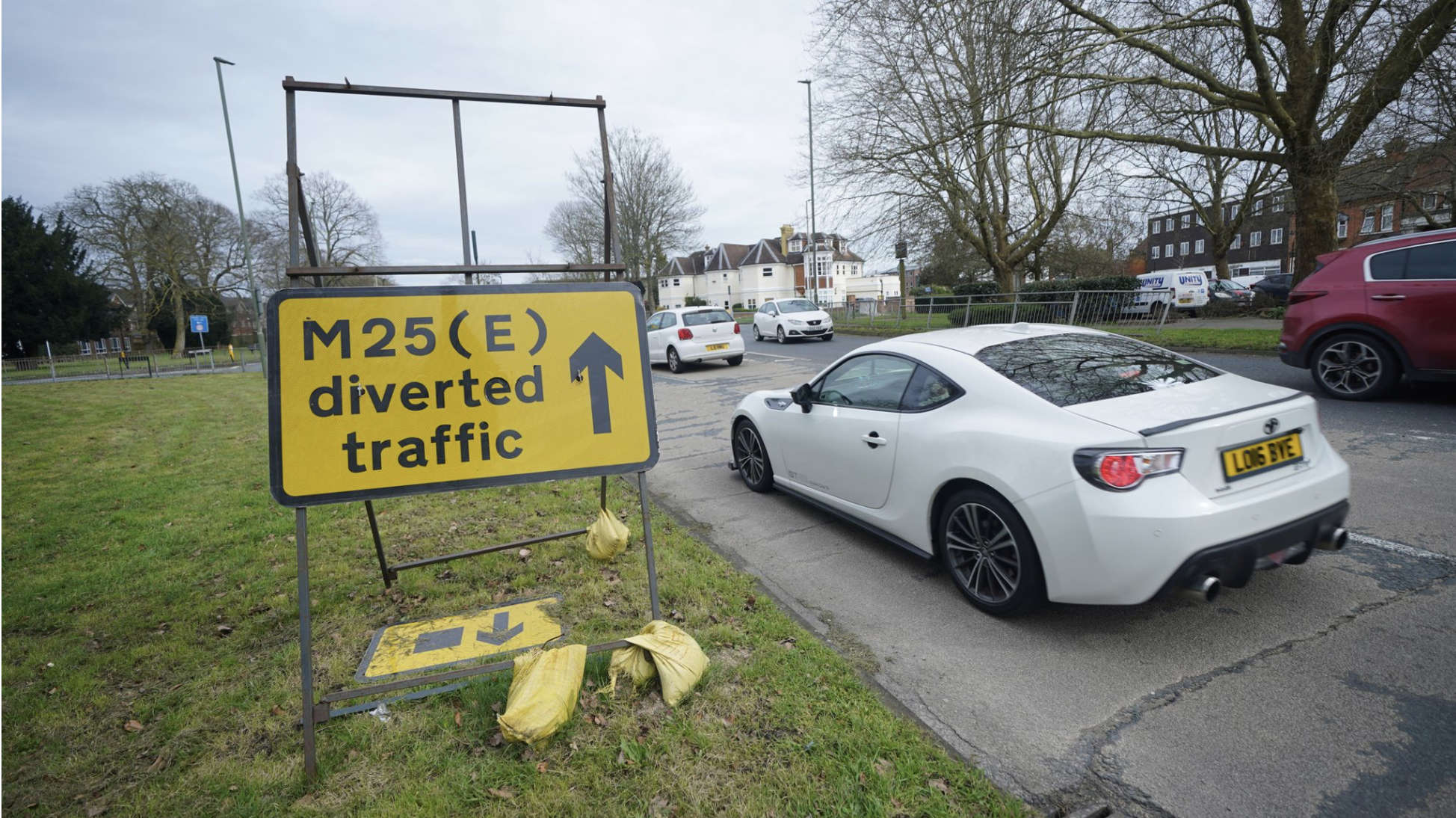 Section Of M25 To Close Again Tonight - As Drivers Warned Not To Get Complacent
Section Of M25 To Close Again Tonight - As Drivers Warned Not To Get Complacent
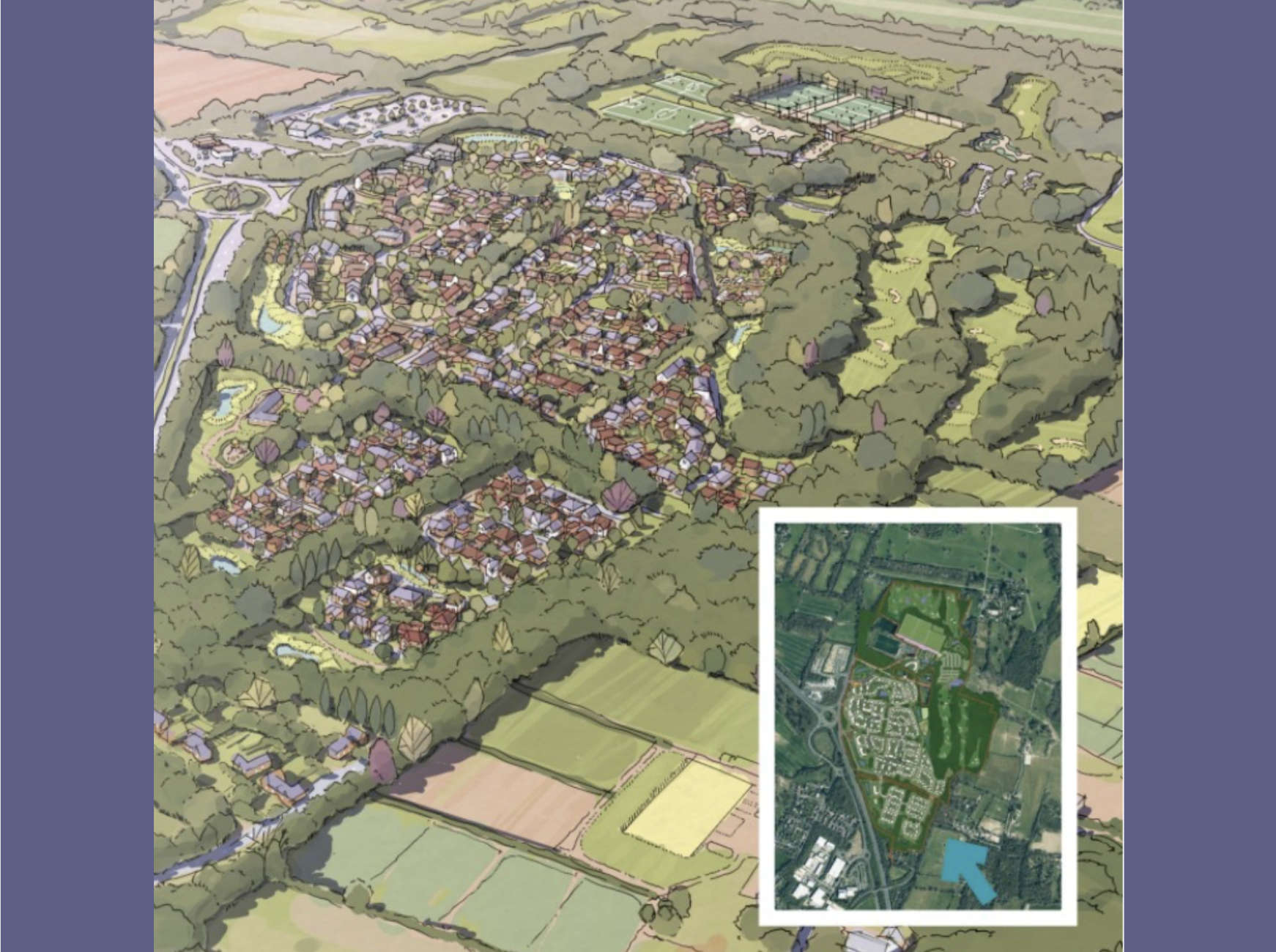 Plans For 800 New Horsham Homes Refused
Plans For 800 New Horsham Homes Refused
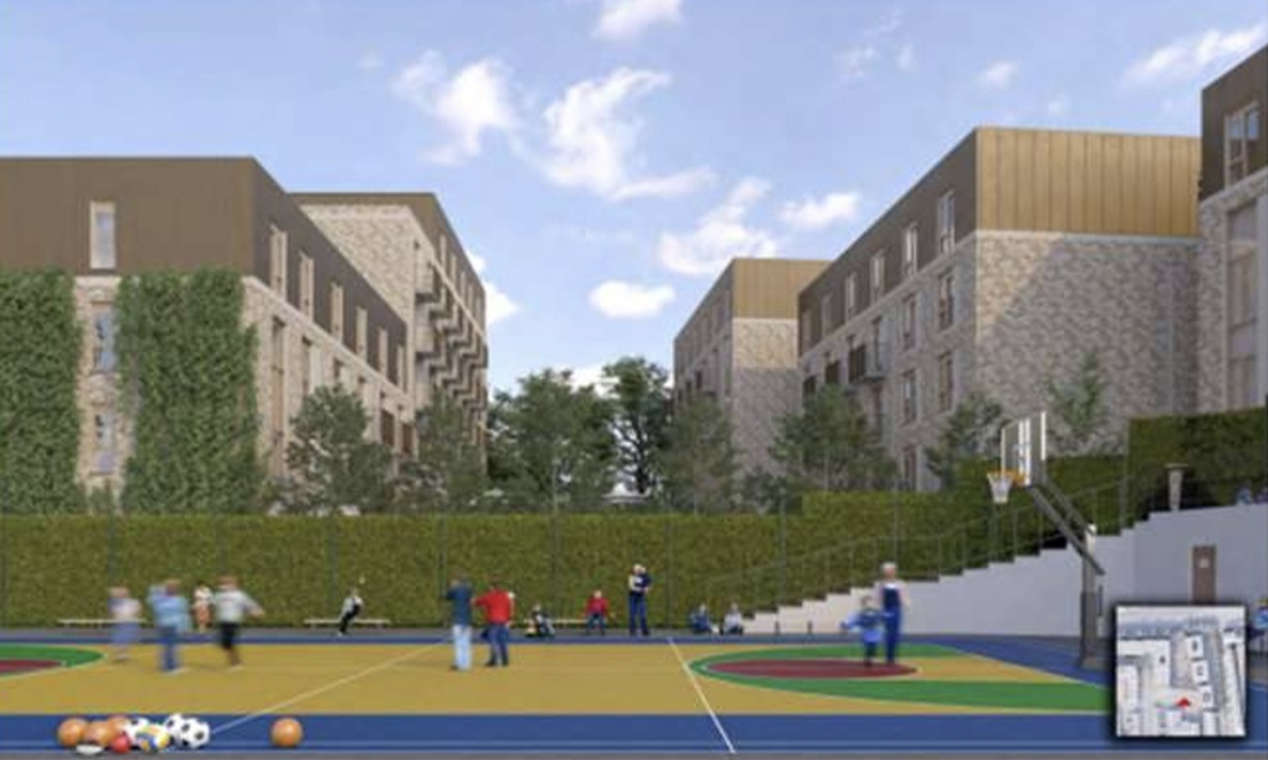 Over 200 Co-Living Flats Approved For Brighton
Over 200 Co-Living Flats Approved For Brighton
 Teenager In Custody On Crawley Attempted Murder Charge
Teenager In Custody On Crawley Attempted Murder Charge
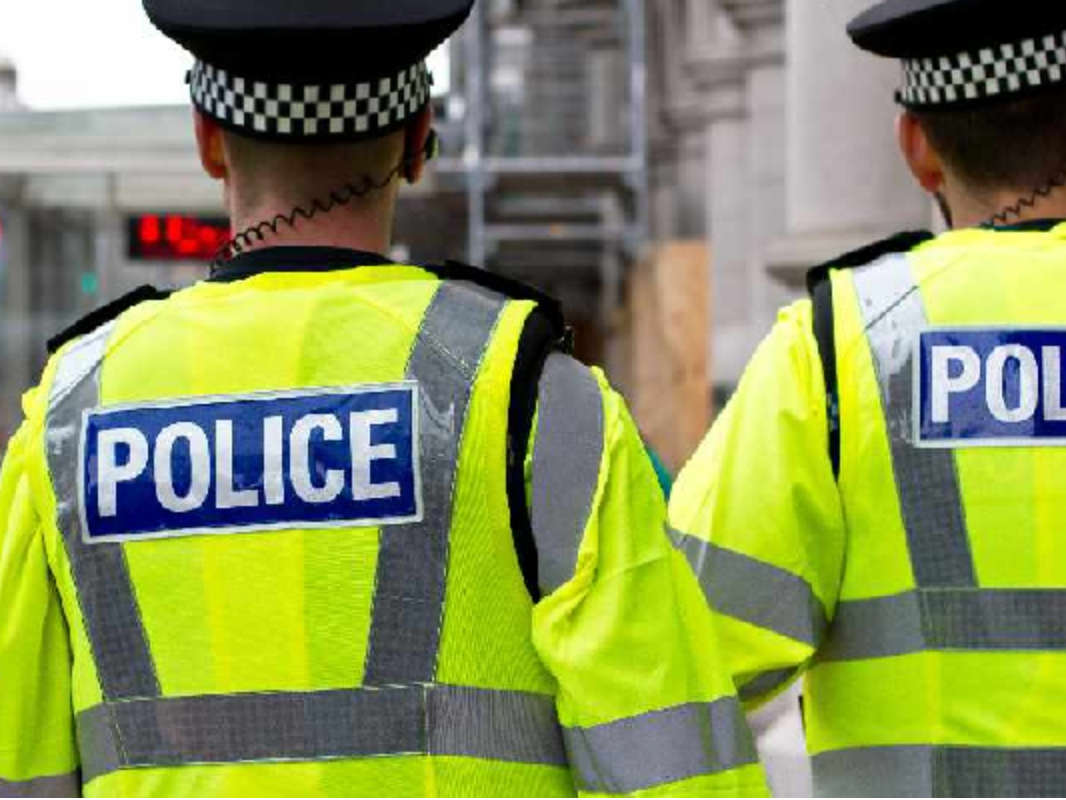 Appeal Following Assault In Hastings
Appeal Following Assault In Hastings
 Road Closed As Armed Police Attend Incident In Worthing
Road Closed As Armed Police Attend Incident In Worthing
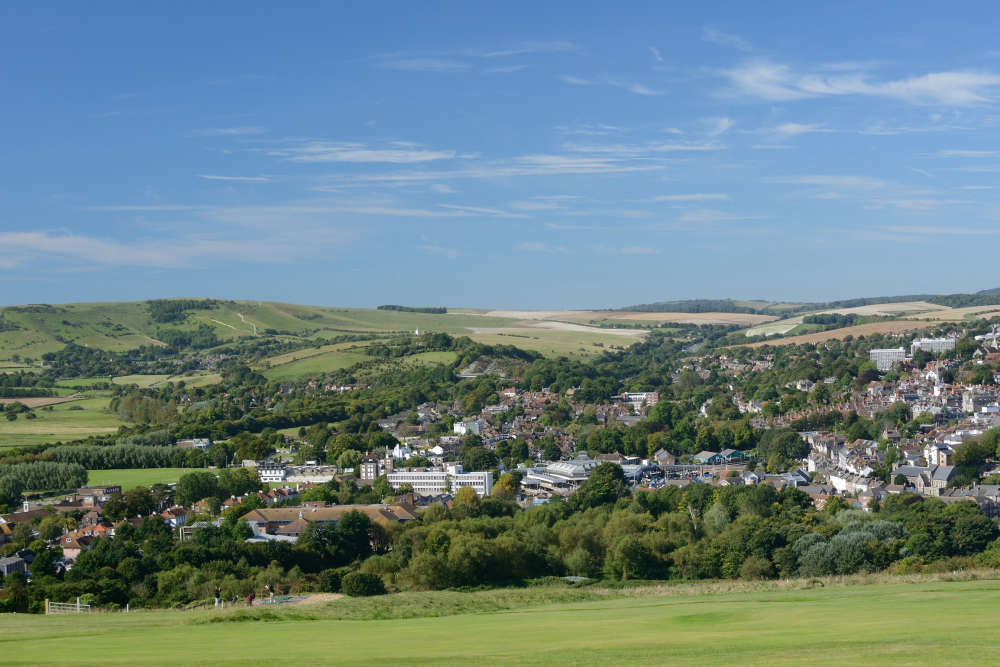 Lewes District Council Placed In Planning Special Measures
Lewes District Council Placed In Planning Special Measures
Comments
Add a comment